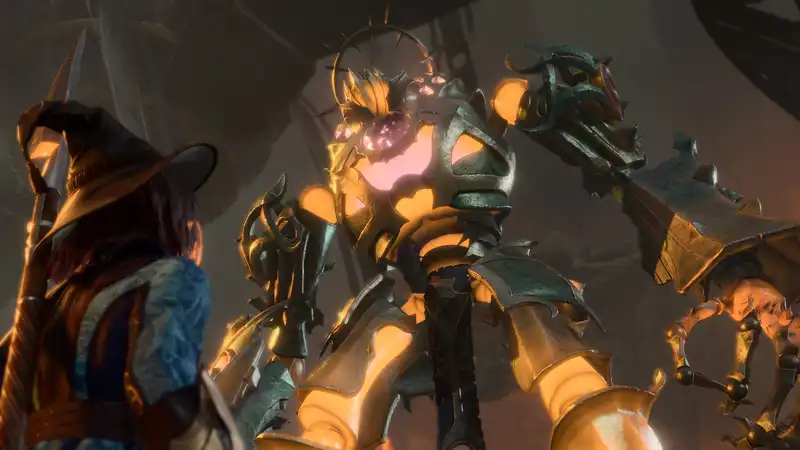AI is a topic of debate in the video game world. AI rears its head in Dungeons & Dragons, the ruleset for Baldur's Gate 3, and Swen Vincke, founder and CEO of Larian Studios, is more sober about the technology's use case.
That's according to a recent interview with IGN at this year's GDC: "My stance on AI is really quite straightforward: AI is a tool we use to do things faster. We have a lot of work to do and I'm willing to take help from anything," but he added: "I don't think AI will ever replace the creative side and I can put my money where my mouth is."
Vinke believes it is possible to utilize AI instead of the unattractive "neo-NPC" approach that certain companies like Ubisoft have taken.In general, it seems to me that some high-level money-grubbers are very excited about the prospect of not needing artists, writers, and creatives anymore. Why pay someone to "create content" when you can "generate unlimited content" by buying an algorithm? Because game writers don't create content, they write scripts, and there is a huge difference. between "content" and a "story" to be enjoyed.
Besides, as I recently posed, the idea of chasing an algorithm of a game that can be played forever seems misguided. For example, concept art has been heavily criticized because of things like "Midjourney". The concept art doesn't come fast enough, so the creatures aren't created fast enough. Technical animators can't rig fast enough, so animators can't make monsters fast enough, and they lose their jobs. This really sucks for the development environment."
Vinke, however, believes that the solution to the production bottleneck is to hire more people. Like not firing developers when a big deal goes bad, or negotiating with unions. After all, AI can't complain.
"We hire writers and we don't let ChatGPT write the dialogue. But I will say that I see the use of generative AI: ...... I don't expect a perfect NPC to be generated: ...... I do believe that AI will be plugged in there to create something and augment it. And it should be done in a way that is invisible.
This sounds to me more like procedural placement than procedural generation. It is also how we have used "AI" in games before the algorithmic apocalypse, before machine learning. Think of the director of "Left 4 Dead" or procedurally generated roguelikes.
After all, it is an encouraging approach that gives hope for Larian's future while other developers struggle with glassy-eyed NPCs in a world a mile wide and an inch deep. It is also one that one hopes will soon become widespread, given that this technology is transforming from a Grey Goo nightmare to an overused marketing term once the AI honeymoon period has passed.


Comments